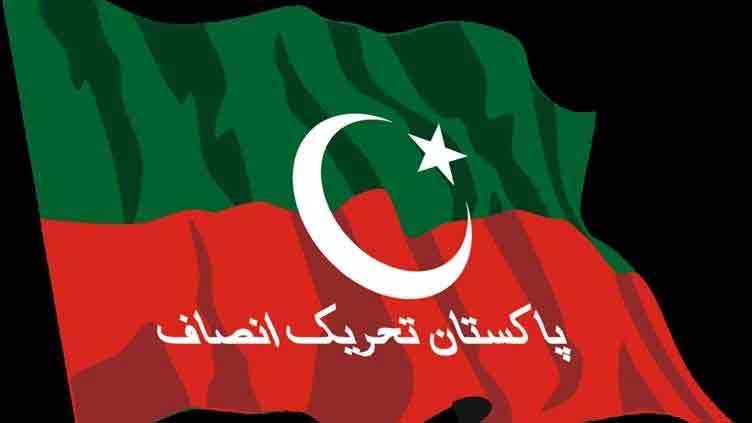The Balochistan Assembly passed a resolution on Thursday calling for a ban on the PTI following the violent protests in Islamabad earlier this week. This came after an opposition walkout during the session. Despite this, PML-N leader Rana Sanaullah indicated that there might still be room for dialogue with the party.
The protests, which erupted into clashes between PTI supporters and security forces, ended with PTI leadership and their supporters retreating from Islamabad’s Red Zone early Wednesday morning. The protests, which lasted for three days, resulted in at least six deaths, including a policeman and three Rangers officers, who were struck by a vehicle. There were conflicting reports regarding the cause of the deaths, with the opposition accusing law enforcement of using excessive force.
The resolution, presented by Balochistan’s Minister for Communications and Works Mir Saleem Ahmad Khosa, and supported by other provincial ministers, condemned PTI for its violent actions during the protests. It referred to the PTI as a “political anarchist group” and criticized the party for allegedly disrupting various institutions, including the judiciary and the media. The resolution also accused the PTI of using government resources in its protests, particularly from Khyber Pakhtunkhwa, which it claimed demonstrated the party’s non-political agenda.
The assembly demanded that the federal government act swiftly to ban the PTI, accusing the party of spreading chaos and attempting to pit the military and security forces against the people.
In response to the calls for a ban, Rana Sanaullah, in an interview, stated that while the Balochistan Assembly’s decision was a provincial matter, the federal government had not reached a consensus on such a drastic step. He suggested that discussions were ongoing about possible actions, including the imposition of governor’s rule in Khyber Pakhtunkhwa and exploring other constitutional options. Sanaullah emphasized the importance of a consensus before taking any steps, indicating that while negotiations with PTI were possible, their combative stance made dialogue challenging.
Meanwhile, the PTI released a list of supporters it claimed were missing or arrested following the protests in Islamabad, alleging that many had died from gunfire by security forces. The party maintained that the death toll had reached at least twelve, with many others injured. Former President Arif Alvi also condemned the violence, alleging that the authorities had attempted to cover up the extent of the brutality.
In contrast, the Rawalpindi police denied opening fire on protesters, insisting that their personnel had been fired upon and had to retreat to avoid casualties. They reported numerous injuries to police officers and the destruction of police vehicles during the protests in Rawalpindi and Attock.
The unfolding political and security crisis has left Pakistan grappling with tensions between the government and the opposition, as both sides accuse each other of escalating the violence and instability.
















